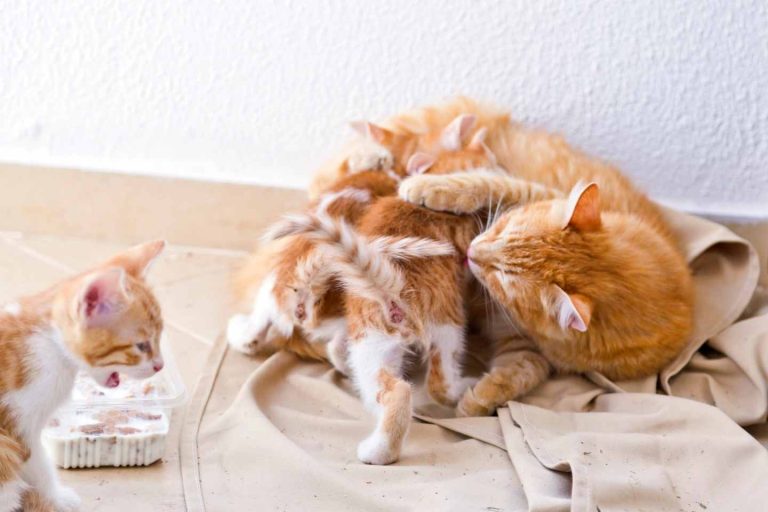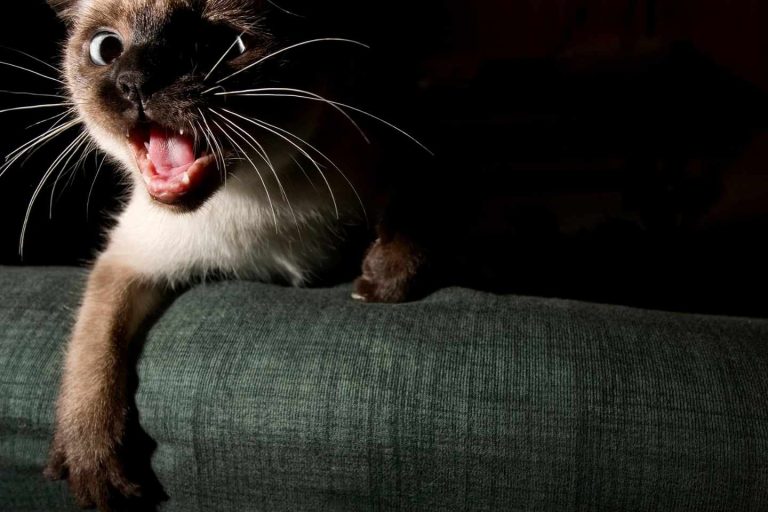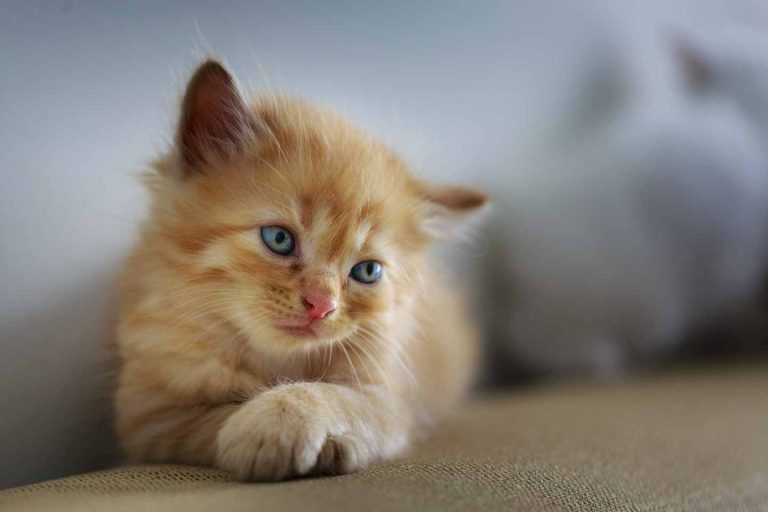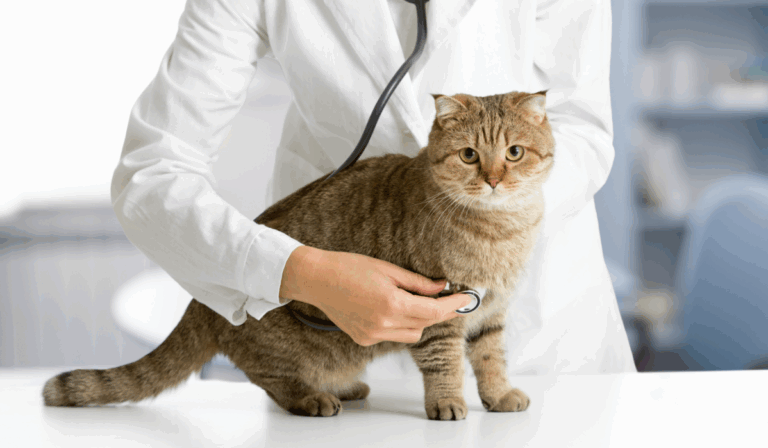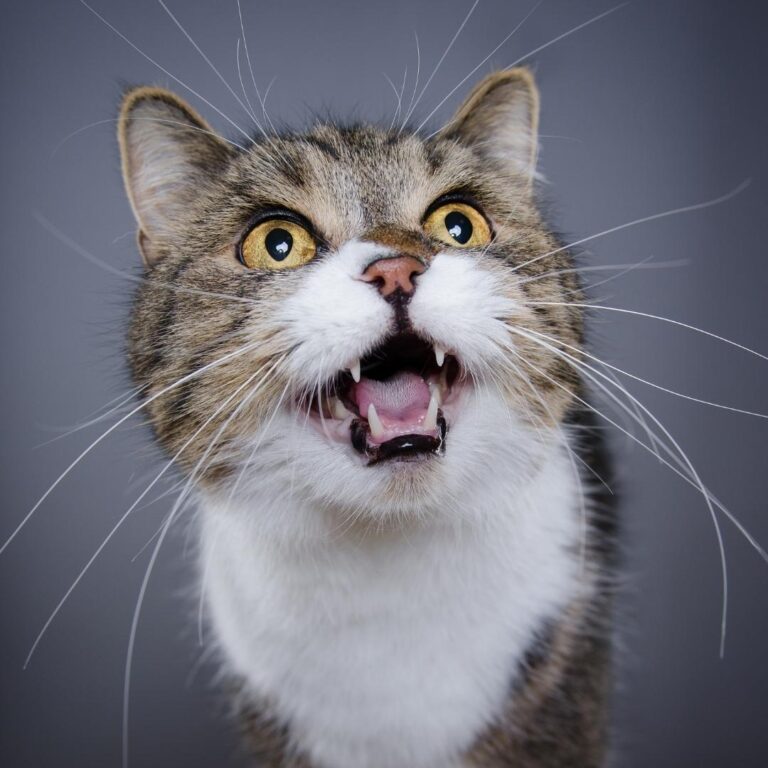5 Important Things You Should Know About Cat Psychology

Having knowledge about cat psychology is one of the main responsibilities of every individual. Because living in the same house with a cat, after a certain period of time, turns into a relationship between a cat and a friend, rather than a human relationship. Just as tiny paws come to their owner in a sad or emotional moment and try to make them feel that they are not alone by rubbing against them, individuals need to understand their moods well. Our furry friends are not always cheerful and happy creatures in their lives. Just like humans, they experience different mood swings periodically and may have negative psychological tendencies. Feline psychology can be shaped by external factors, but it can also change for reasons that humans cannot understand. Anxiety, depression, stress and anxiety disorders are the most common psychological disorders. According to scientists, the behavior of cats has evolved historically and is still evolving today. But the truth is that although they are seen as ferocious and powerful creatures, their souls are actually delicate and fragile. Most of the time people don’t realize this. However, they have sensitive hearts like a child, so to speak. In this article, we have compiled a detailed article about cat psychology and mental problems. We wish you a pleasant reading.

Does Cat Psychology Deteriorate?
From time to time, you may laugh at your cat’s jumping, flinching, running away and panicking behavior. They may even cheer you up. However, it should be noted that such situations may be a sign of feline anxiety, panic attacks and other psychological problems. For this reason, the question of whether the cat’s psychology can deteriorate should be taken into consideration by individuals and it is essential to take responsibility. Because if mental problems are not treated, it will be inevitable to face serious problems in the long run. Cat psychology is a structure that can deteriorate very easily. It is possible to cite dozens of different situations as a reason for this. Sometimes even a behavior that seems simple and ordinary to humans can deeply affect our furry friends. It’s worth taking a brief look at the most basic factors that stress them out. Here are the things that stress the cat…
- Prolonged starvation is one of the main factors. Cats have the habit of eating little and often throughout the day. When their food bowl is empty, they become stressed and may exhibit different behaviors such as running, rubbing, meowing.
- It is one of the situations that affect them most when their owners leave home. Cats are not creatures that can stay home alone for long periods of time. Yes, they may consume their food and water when no one is home, but they are deeply affected psychologically. Experts do not recommend that cat owners stay away from home for more than 3 days.
- Haircutting is one of them. Our little friends love their fur very much. Sometimes individuals have their hair shaved to relieve the heat. However, for most cats, this creates a psychological problem.
- One of the most harmful factors for cat psychology is lack of affection. Cats that do not receive attention from their owners are usually unhappy. This unhappiness turns into a mental problem over time.
- Finally, it’s worth mentioning illnesses. When tiny paws have health problems, they tend to hide them from their owners. However, as their aches and pains increase, psychological trauma begins to set in.
According to these points, which are also stated by experts, cat owners must be careful. Cat psychology is sensitive and these creatures expect attention. Even the most irritable and aggressive cat has the instinct to be loved somewhere inside. Love our furry friends and make them happy.
How to Understand Cat Psychology?
When cats come into our lives, we are fascinated by their different behaviors every season. We are often intrigued by the new behaviors we discover in them. Sometimes this situation amuses us. However, there is a message underneath every action of our little friends. Cat psychology is an important field for this very reason. The answer to the question How to understand cat psychology is actually quite simple. The only thing that needs to be done is to have theoretical knowledge. Individuals who develop themselves in this field can easily understand the behavioral changes in them and take measures accordingly. For you to understand the mood of cats, we have compiled behaviors that indicate a psychological problem. Here are the details…
- Timidity If your furry friend has a different shyness than usual, there may be an underlying psychological problem.
- Licking Cats with psychological problems often lick themselves excessively or do not clean themselves at all.
- Concealment: The most common behavior. Psychologically disturbed cats often want to hide. They often do not appear in public for hours.
- Feeding: A stressed cat will either consume excessive amounts of food or have an increased level of anorexia.
- Hair Shedding Cats may shed during the change of seasons. However, if the amount of shedding is unusual, it may indicate some kind of stress.
- Toilet: During such periods, there is a drastic change in toilet habits. They often leave feces in unwanted areas of the house.
Cat psychology is expressed differently in all of them. All of the items listed above can be experienced or only one of them can be seen. At such moments, the situation should be taken seriously and a specialized veterinarian should be consulted immediately. Today, there are support areas also referred to as cat psychologists. In these places, our furry friends are professionally rehabilitated.

How to Fix Cat Psychology?
If a cat becomes psychologically disturbed, this does not mean that it is an unsolvable problem. Early and accurate diagnosis can lead to a healthy recovery process. For this, of course, cat owners should be conscious and contact a specialist veterinarian by noticing changes in behavior. There are many reasons that trigger mental disorders. A traumatic event, lack of socialization or maltreatment are examples. Determining which of these factors is present is an important factor in treatment. The first thing that individuals should consider during the treatment phase is that furry friends should never be punished for these behavioral changes. Otherwise, the problem will become bigger and may become untreatable. When the cat’s psychology goes negative, it should be remembered that if the source of the problem is pain due to a disease, the only solution is the veterinarian. If the problem is not caused by pain but by a problem in the living space, cat owners should identify this and take the right actions. For example, your little friend may be traumatized by another cat coming into the house. Or even a new piece of furniture can negatively affect them. At such moments, you should take steps to eliminate the problems.

What Does a Psychologically Disturbed Cat Do?
Each cat with a psychological breakdown may experience it in a different way. Some cats may prefer to hide in the farthest corners of the house, while others may engage in acts such as defecation, loss of appetite and excessive licking. This is their outward expression of their anxiety. Sometimes it may disappear spontaneously. However, it should not be forgotten that it can also cause permanent damage. The best option is to seek the support of a veterinarian and do your best to help your little friend recover. This way, as long as your cat is happy and peaceful, you can live a peaceful life. We wish your furry friend a lifetime of health and happiness.
You may be interested in: How Many Hours Do Cats Sleep in 24 Hours?

